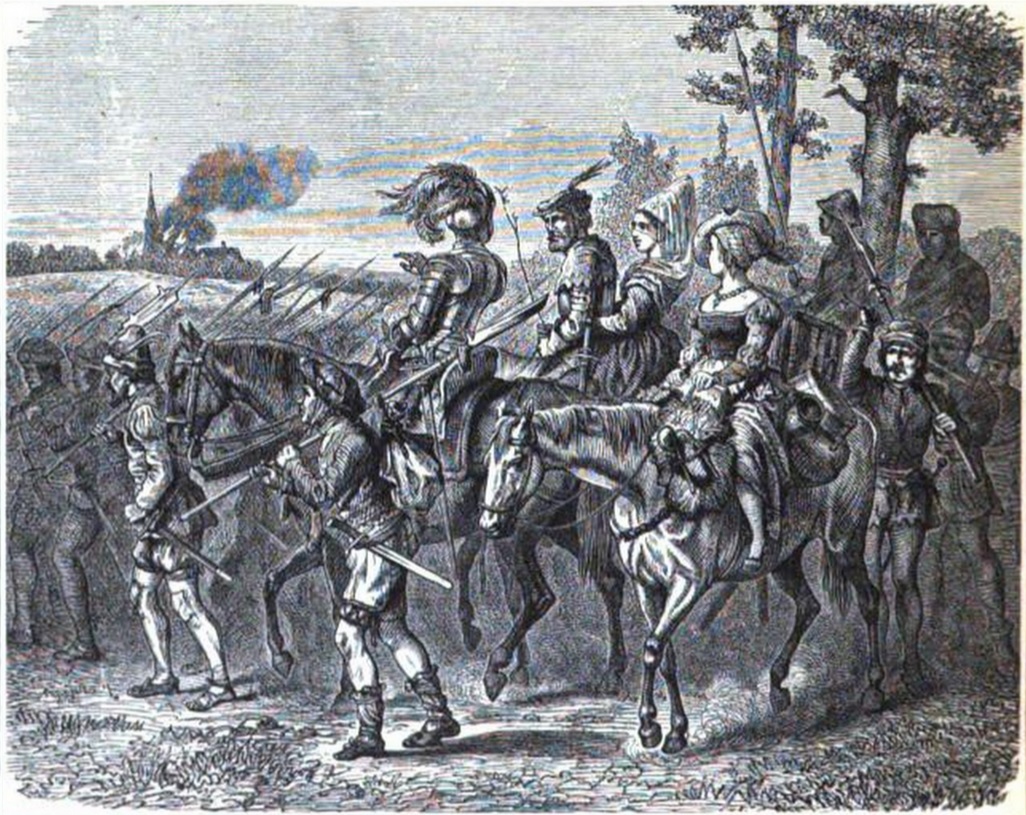Conservatives and liberals alike view history as a matter of objective fact. Socialists reject such a simplistic narrative and understand that history, like everything else, is colored by politics and material conditions.
By Bennett B.
In Texas, the latest source of rage for far-right Republican officials and their supporters is the idea of history, in particular, the manner in which the history of the United States is taught in our public schools.
“Objectivity” is defined in the minds of conservatives as the bog standard patriotic founding story I remember being taught in Texas public schools: the enlightened founding fathers prevailed against tyranny and founded a perfect union with their virtue and genius. On the other hand, “objectivity” to the liberals assumes history is a hard science: appeal to the experts who can sit down and do some history, and report back on what happened in our nation’s past, both good and bad.
Both of these imagined definitions are absurd. History is not a hard and apolitical science.
If asked to define “history”, what would you say? The answer should be simple: what happened in the past and how that influenced the present. Fair enough, but that definition yields problems for anyone who wants to engage in historical scholarship “objectively”.
Experiments in the hard sciences are usually built around exhaustively testing a narrow hypothesis, then repeating that test several times to verify the results. In this way, the hard sciences can yield definitionally objective answers to specific scientific questions. This process does not translate to historical scholarship.
Consider the goal of writing a history book about a hypothetical set of protests in a given country. The historian’s job is to collect primary sources on the event: journal entries of participants, police reports detailing arrests, news clippings from local papers, etc. From this wealth of primary information, the historian then decides which sections of which sources to include in the narrative they write about the protests, and how they present these sources based on their interpretation. This precise moment in the historical process refutes the notion that objectivity is possible, let alone desirable, for a historian to achieve in their work.
It is impossible for a historian to collect every possible primary source relevant to a given event, because primary sources are immense, but also begin to vanish the moment the event concludes. There will always be a participant in an event who died before the historian began their work on the topic, a journal that was tossed into the trash during spring cleaning, records that burned in a fire, or any number of other events that limit a historian’s ability to gain a complete, exhaustive understanding of “what really happened”.
From what historians are able to gather in the way of enlightening primary sources, they often do not include every single thing that they find in their research in the final draft of their published works. Because this loss of information is an inevitable part of the historical process, it is impossible for history to be objective. History books will always be colored by the opinions of the historian who wrote it. It is better for a historian to be conscious and transparent about what influences their omissions from the final product, rather than be self-consciously objective and completely oblivious to the inevitable failings baked into the historical process which prevent objectivity .
If objectivity in history is impossible, what then are socialists to do about history?
It can be a vital tool for the socialist movement and it’s important that we understand objectivity is not possible in the political realm. Socialists ought to be unabashed in the biased manner with which we engage in history. I study history at a university and work in the field in an archive, but my relationship with history is not one of professional, academic detachment from the matters I engage with on a daily basis.
It is not only acceptable, but imperative, that socialists engage with history with the understanding that we, too, are historical actors with political agency. Our studying and critique of history ought to serve as a reference for what has gone right and what has gone wrong, what can be emulated and what can be avoided.
Think of the international socialist movement like a big football team. Political theory is our playbook, it lays out how best to go about winning our football games (revolutions). History is like game film. We, as a team, should get together in the film room and analyze our past games. What plays went well, what plays didn’t. How is our next opponent similar to our last one?
How can we win the next games, and the championship?
History doesn’t hold all of the answers, but it is there for us, waiting to be analyzed with a selfish, critical, analytical eye, and applied to our movement with the intention of achieving victory.
We want to hear from you. Do you have a workplace story or editorial you’d like to share with us? Email us at redfault@austindsa.org!

